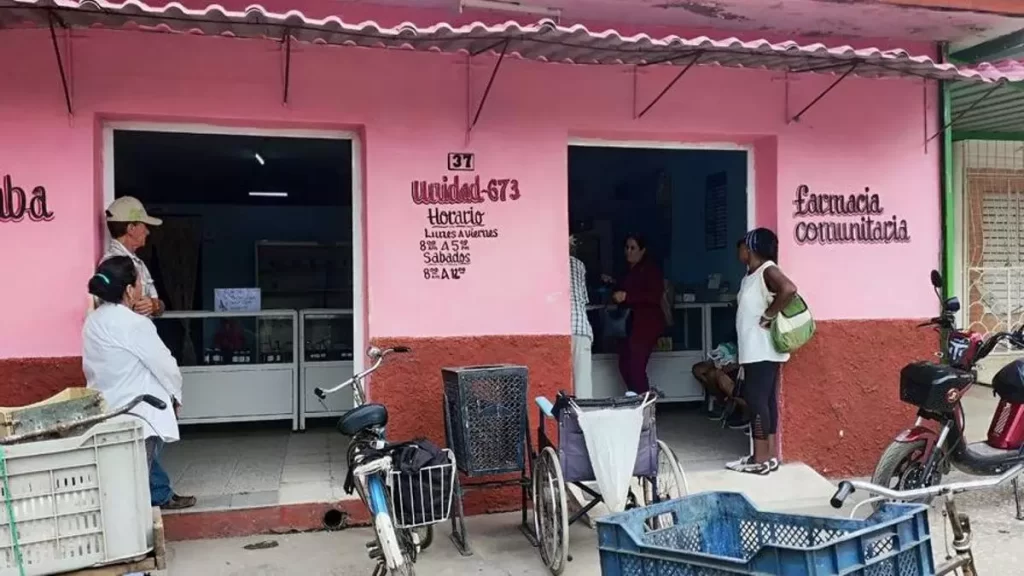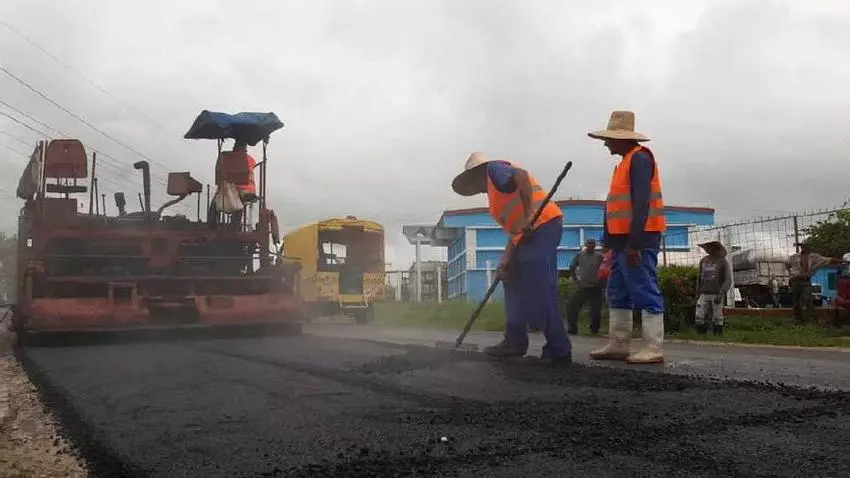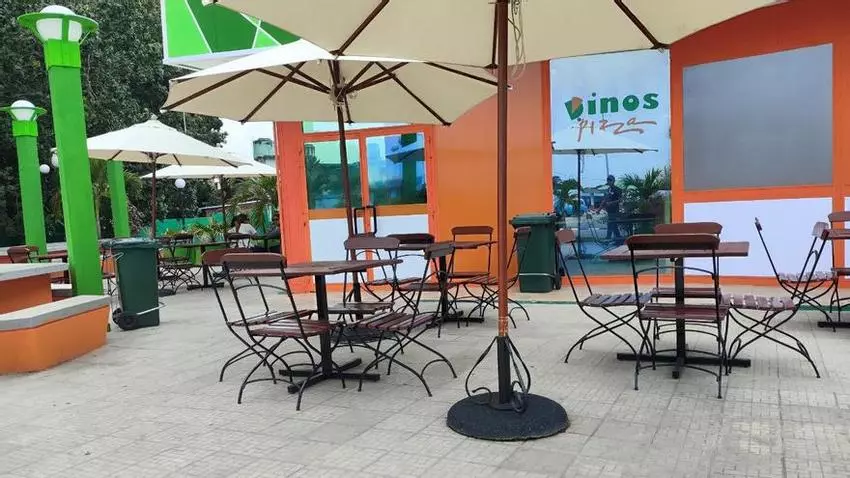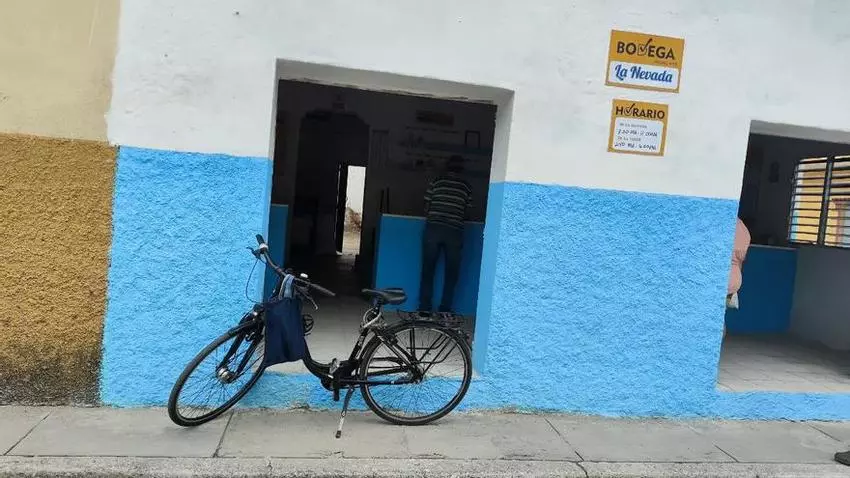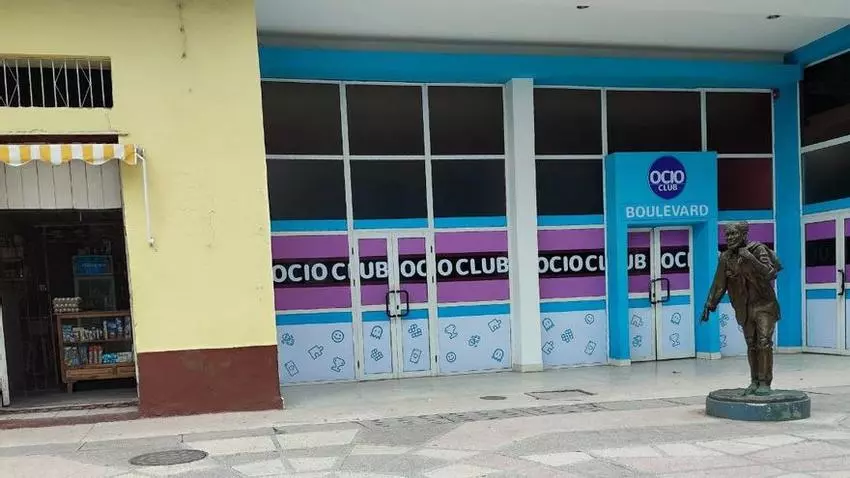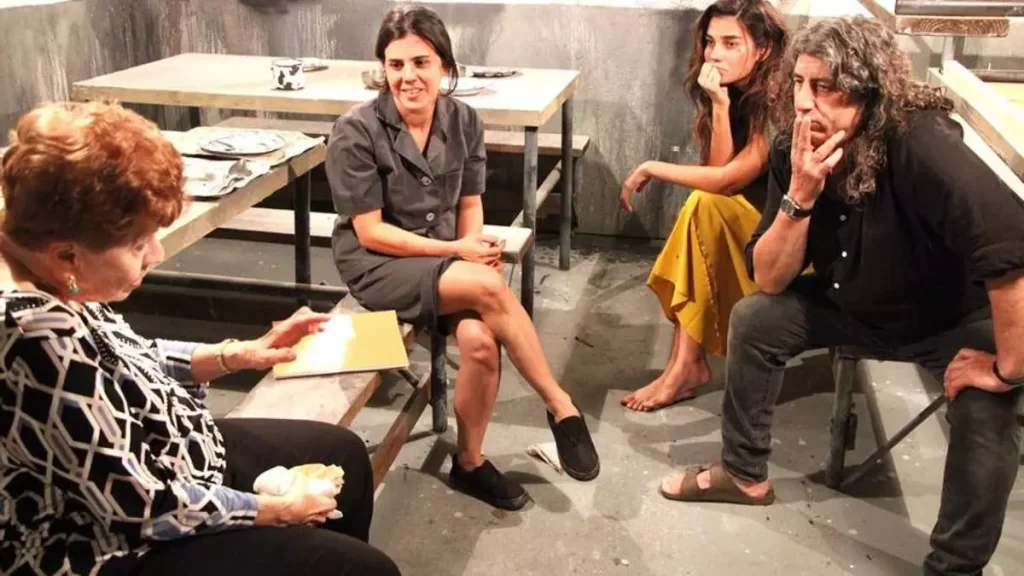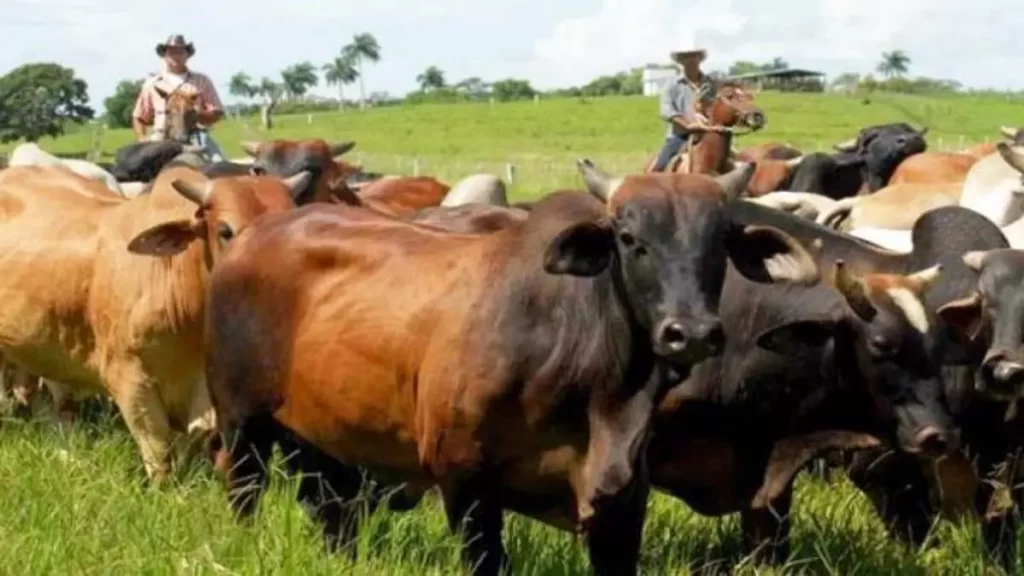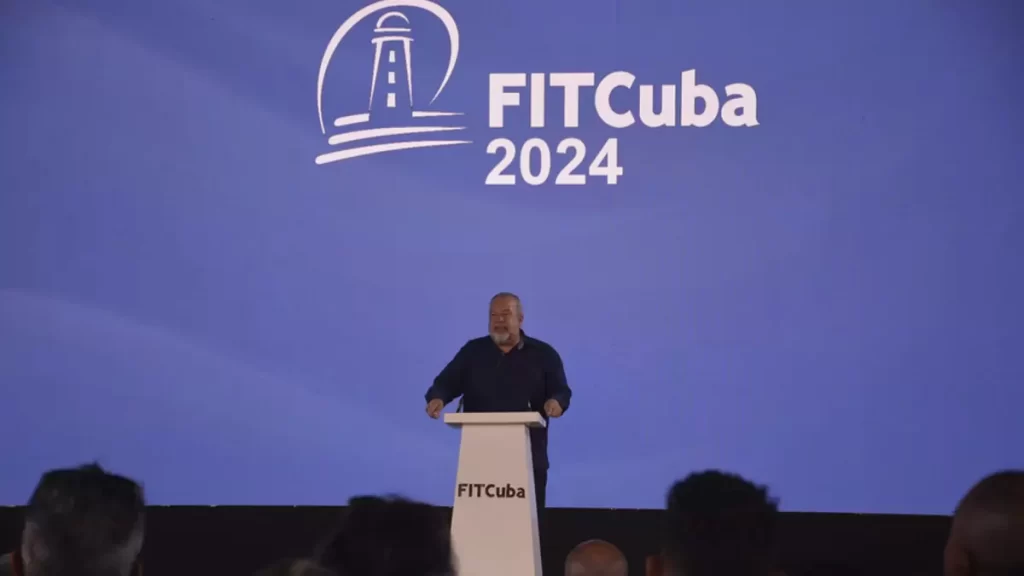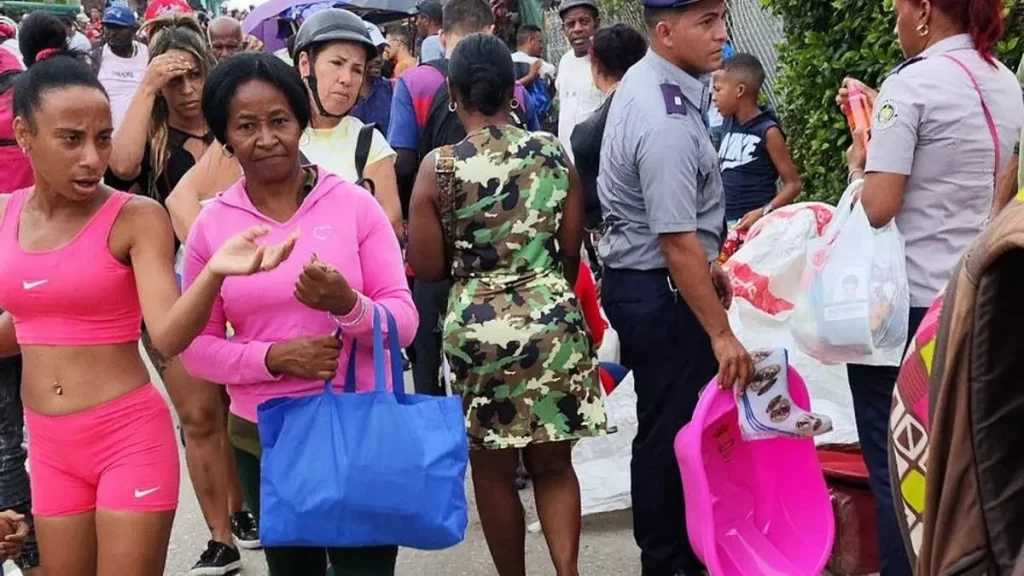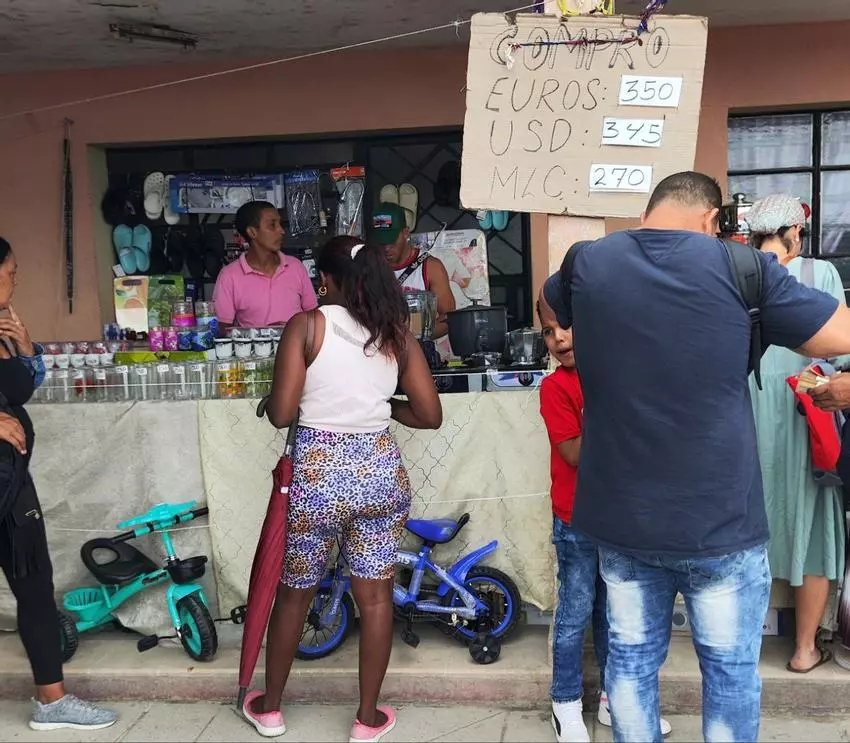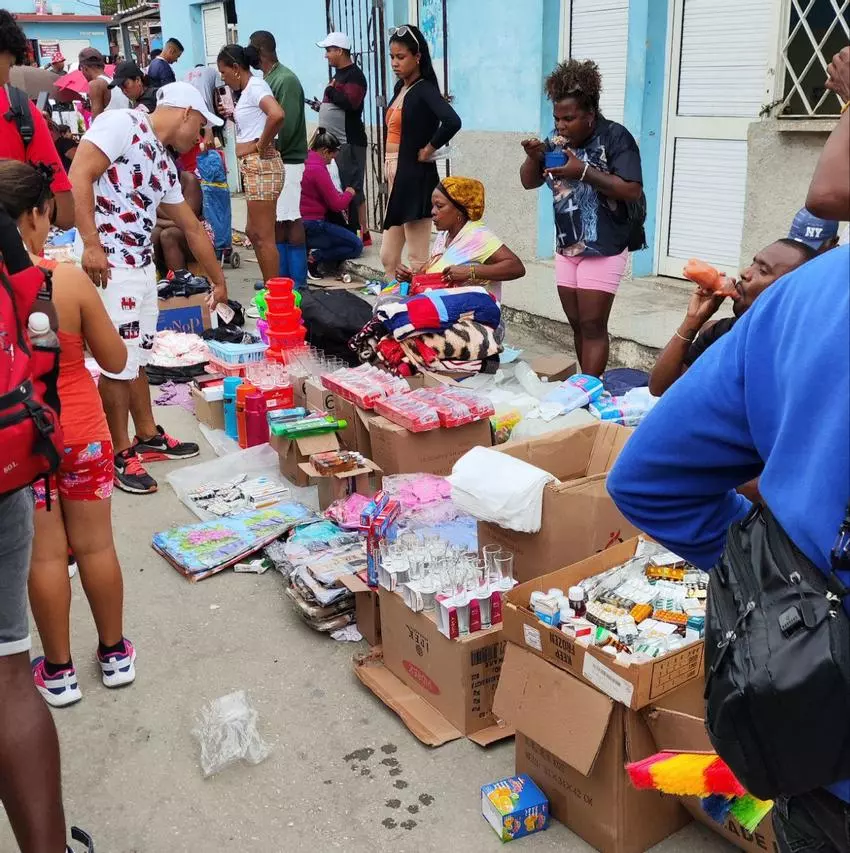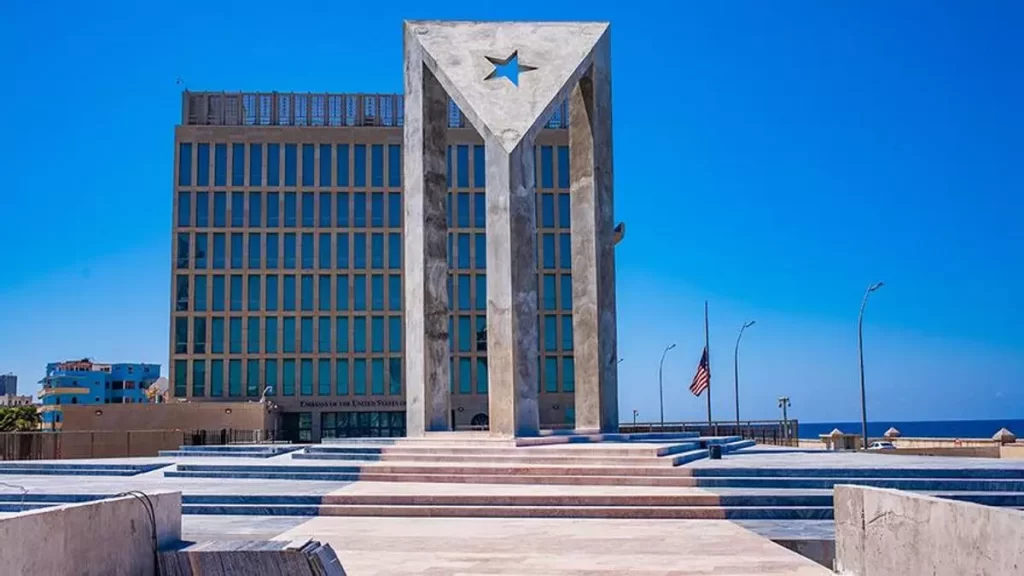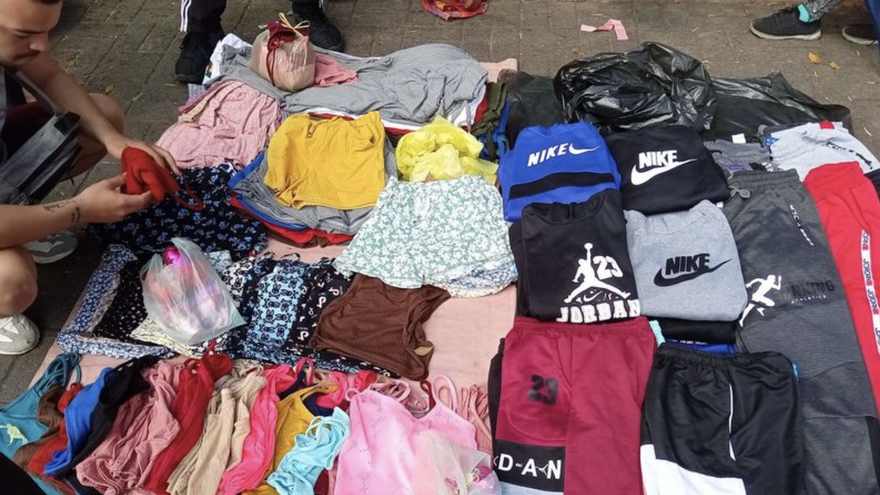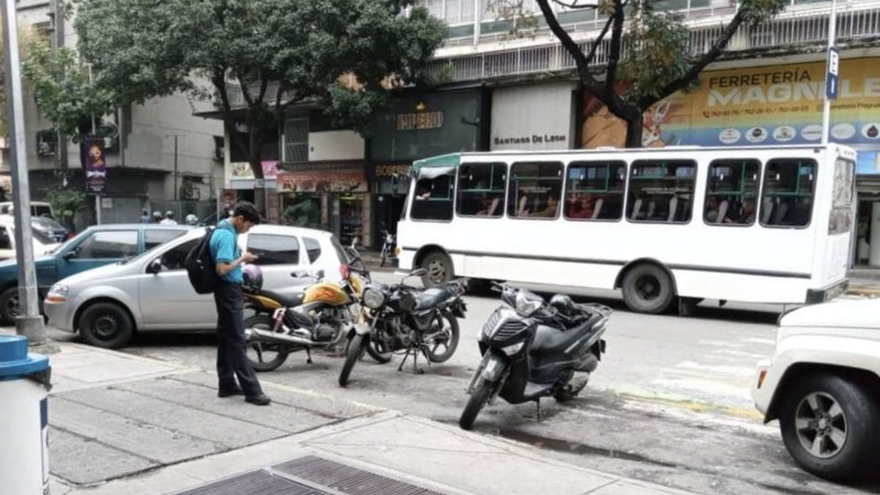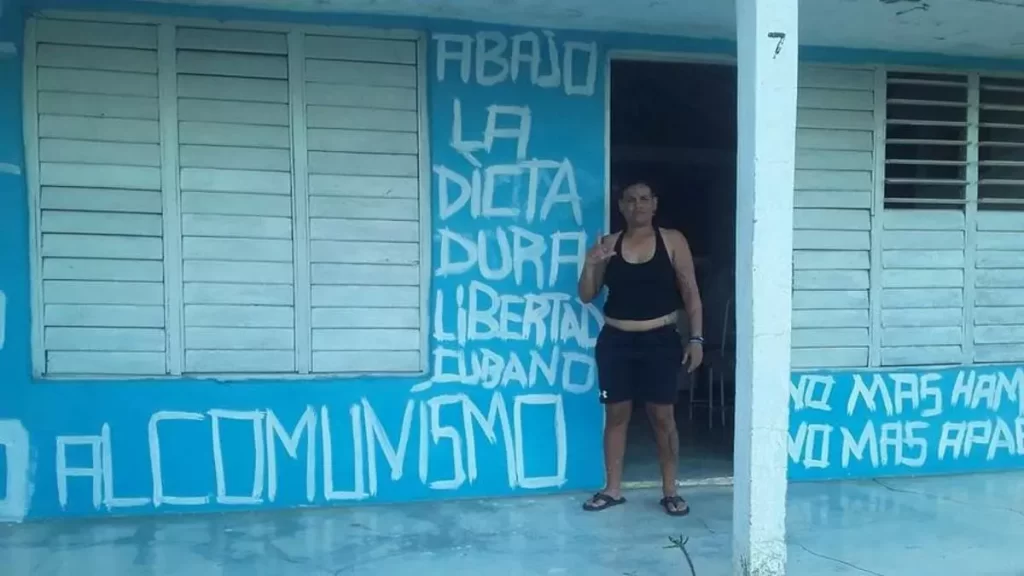Diplomarket is suspected of being closed, like others, for tax evasion
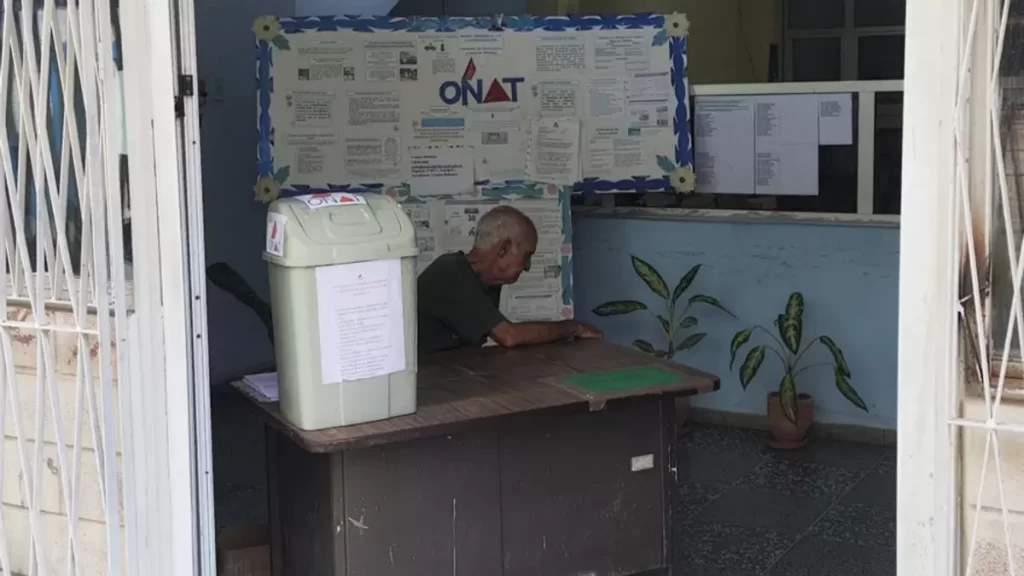
![]() 14ymedio, Madrid, 10 July 2024 — The Cuban State does not know how much money it fails to receive due to tax evasion, although only until June it had already identified more than 162 million pesos, which, without a doubt, falls short. This Wednesday, the official press dedicated two dense articles to characterize this type of crime, thanks to which it is known that until the end of March, 210 reports of complaints were issued, of which 117 have been analyzed.
14ymedio, Madrid, 10 July 2024 — The Cuban State does not know how much money it fails to receive due to tax evasion, although only until June it had already identified more than 162 million pesos, which, without a doubt, falls short. This Wednesday, the official press dedicated two dense articles to characterize this type of crime, thanks to which it is known that until the end of March, 210 reports of complaints were issued, of which 117 have been analyzed.
There are, however, only six final sentences: two in Ciego de Ávila, two in Camagüey, one in Santiago de Cuba and another in Holguín. “We are still dissatisfied and, above all, we have to be more agile when working on these procedures”, said Belkis Pino Hernández, first deputy head of the National Tax Administration Office (ONAT).
Among the details provided by ONAT, one stands out that could be the one that led to the closure of Diplomarket a month later, known as the Cuban Costco, supposedly intervened by the authorities at the end of June, who arrested the owner, Frank Cuspinera, and his wife for “tax evasion, currency trafficking and money laundering.”
Pino Hernández said that at the end of May there were already 15 MSMEs closed due to “accounting irregularities.” Some of these cases can lead to tax evasion crimes. “The MSME that does not keep its accounting in order and, in addition, does not correctly pay its tax obligations, demonstrates an intention to evade, so we have the right to proceed with the complaint,” she said. Also, up to the same date, the authorization of 323 self-employed workers was withdrawn – temporarily or permanently – and 2,253 bank accounts of physical persons were seized.
The ‘MSME’ that does not keep its accounting well and, in addition, does not correctly pay its tax obligations, demonstrates an intention to evade
In Cubadebate, tax authorities dedicate ample space to detailing the types of evasion, which in Cuba tend to be the under-declaration of income, the omission of income obtained outside the country by a business or the use of third parties to “hide the existence of several businesses, split the tax base and hide the concentration of wealth”, something that Cuban law does not permit.
They also detail some evasion methods that set off alarms in ONAT. One of them is the lack of accounting records or an automated system for this. It is common, said Judith Navarro Ricardo, a specialist in the organization, for self-employed workers not to declare all their employees, as well as to declare lower salaries to reduce taxes and contributions to Social Security.
Other techniques of some MSME owners are more refined “who use self-employed workers, who have three months of exemption to make imports that are not for them, but for the MSME. There, we see a fraudulent way of paying less.” The same happens in the artistic sector, where there is a one-year payment exemption for recent graduates, which allows tricks, such as making transactions through their accounts to avoid paying taxes.
There are, the expert counted, at least 600 MSMEs that reported losses in which “accounting mismanagement” occurred, including “the accounting of equipment purchases as direct expenses instead of inventories, which artificially decreases the company’s profits.”
The focus has been placed on Havana, the province with the most taxpayers, where an estimate of the figures has been made. Yoandra Cruz Dovale, director of ONAT in the capital, explains that there are around 860 cases per month of inconsistencies between the data provided by companies as salaries and by workers as personal income.
“If we compare this number with the number of registered self-employed workers, around 121,000, we would be inferring that 0.7% are possible under reporters. However, if we review the contribution not made to the State budget, in 2023,148 million pesos were recovered by these reviews, an amount that is the expenditure budget for one month of a medium-sized municipality”, she said.
In 2023, 104 intensive inspections were carried out in Havana, in which 241 million evaded pesos were determined
But not all non-payments detected are crimes of tax evasion. “At the end of May, more than 80,000 control actions had been carried out, determining debts in the amount of 819 million pesos,” Pino Hernández told the State newspaper Granma, referring to the total number of cases in the country.
The official highlighted that when a non-payment is determined, the taxpayer can correct the error or omission and pay the money under the “principle of opportunity.” Only if there was intentionality is it evasion and goes to trial. In this sense, he cites as an example a private company that “did not include in the calculation the stimulation paid to workers, which led to the determination of the debt, with the corresponding surcharge and fine,” however, it was exempt from a process since it was considered proven that it was a misinterpretation of the tax regulations.
Fiscal problems have led to 8,764 people being banned from leaving Cuba, although it is unknown what percentage they represent of the total number of regulated people – another fact hidden – for “political” reasons.
Finally, the authorities have provided data on the presentation of the personal income tax return, which this year improved, since only 0.8% of taxpayers (4,744) failed to comply with their obligation, the majority in Havana, Villa Clara, Matanzas and Camagüey. Meanwhile, in the agricultural sector, compliance was 100%.
Regarding the profit tax, only 34 taxpayers did not declare (0.2%) and in the dividend tax, 116 partners (1.5%) failed to do so, the majority from the province of Granma.
In Cuba there are currently just over 1,109,000 taxpayers, the majority of them physical persons (1,074,000), of which 527,000 are self-employed; and 35,448 legal entities, of which 9,084 are MSMEs.
Translated by Norma Whiting
____________
COLLABORATE WITH OUR WORK: The 14ymedio team is committed to practicing serious journalism that reflects Cuba’s reality in all its depth. Thank you for joining us on this long journey. We invite you to continue supporting us by becoming a member of 14ymedio now. Together we can continue transforming journalism in Cuba.

